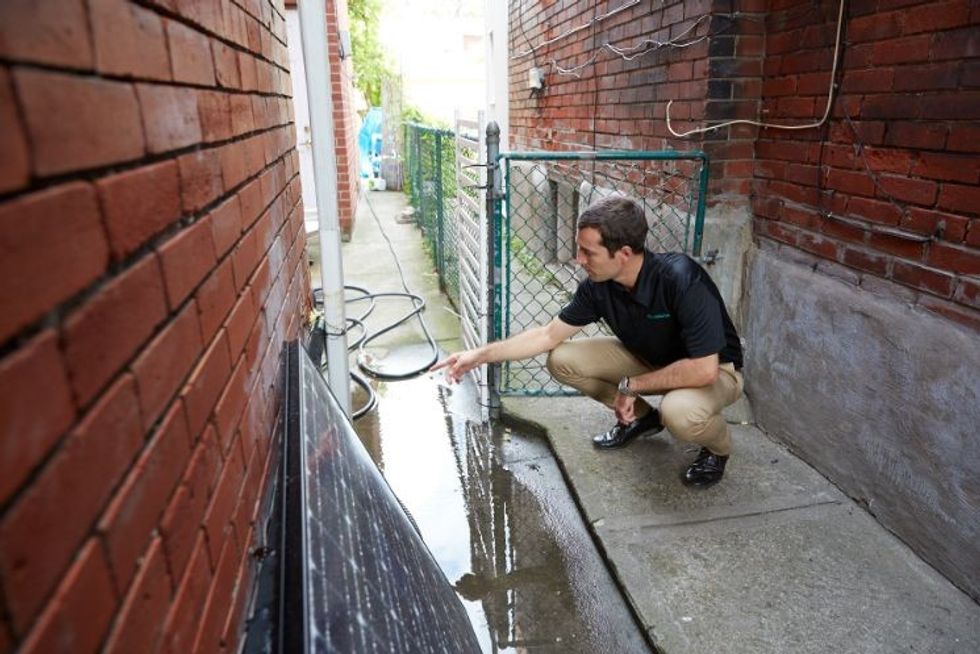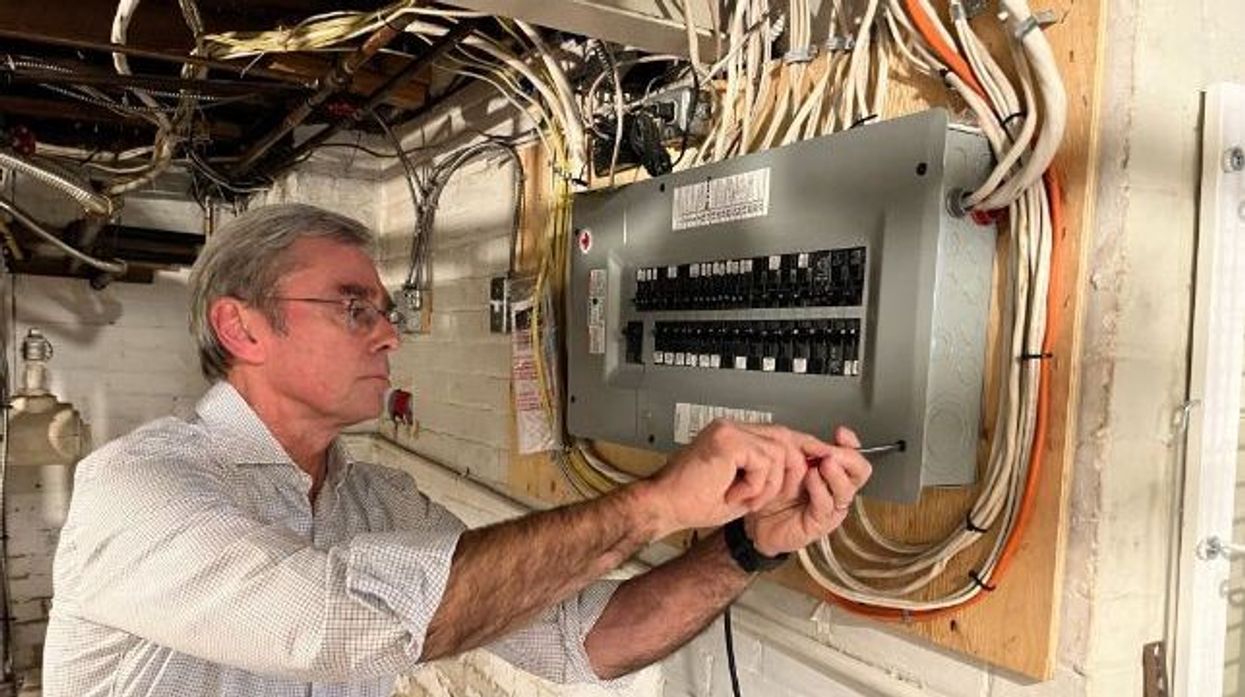When the Greater Toronto Area's real estate market began to slow down last spring, the implications were far-reaching. Home sellers were forced to put their plans on hold, real estate agents saw business plunge, and the uncertainty of the market quickly bled into the business of home inspections.
Michael Schmidt, area director and lead inspector for HouseMaster Serving Toronto, says that the business of home inspecting has certainly slowed down in tandem with the market downturn, and some inspectors in his network have gone as far as to call it quits. Even those who were nearing retirement age would have continued to work if they had the option, he adds.
“Retired is maybe a nice way of saying it -- I would say they were forced into retirement,” he says. “And then, locally, I know of inspectors that are really, really struggling. And by ‘really struggling’ I mean, they’re maybe doing an inspection a week.”
Schmidt adds that many home inspection companies are one- or two-person operations, and the toughness of the times is felt harder by independent inspectors and small companies.
“It's dire. They’re selling equipment to make ends meet and considering dropping their insurance -- things that you would only consider if you had no other option,” he says.
Home inspectors weathered a storm during the pandemic buying and selling frenzy when many people were waiving conditions such as pre-purchase home inspections in order to give their offers a competitive edge.
Schmidt turned to pre-listing, partial, and post-closing inspections during that time, and business has held steady for him as a result, but he suspects companies that didn’t diversify may have found themselves with little to no revenue for months on end.
For those who managed to survive the pandemic market, the workload is light.

"The Market Has Stayed Depressed"
“Even though the buyer side came back, the market has stayed depressed,” says Schmidt. In the Greater Toronto Area alone, total sales were down 38.2% in 2022 from the year prior, while new listings dropped off 8.2%. This pronounced slow-down began in March when sales dropped off 15% from the month prior. “My business is doing good. But I can tell you, I'm not the canary in the coal mine. I'm the exception to the rule.”
Murray Parish, Registered Home Inspector and Ontario Association of Home Inspectors (OAHI) board member and past president, confirmed to STOREYS in a statement that the association is aware of a trend of inspectors leaving the business over the last few years, citing retirement, lack of work, or too much competition.
Parish also echoes Schmidt's sentiment that independent inspectors and small companies are up against no shortage of challenges when it comes to maintaining market share during times of uncertainty.
That's not to say larger operations have escaped the real estate market slump.
“We are inspecting a much larger percentage of all the homes that are sold, but there are far fewer homes being sold, so that's been the challenge,” says Alan Carson, co-founder of Carson Dunlop -- one of the more established home inspection companies serving the GTA.
In 2022, Carson Dunlop's business was down around 30% compared to its pre-pandemic norm. Fortunately, the company has not yet had to let anyone go -- they have 15 inspectors on staff -- but like Schmidt, he’s also aware of peer operations that haven’t been able to weather the market extremes.
He agrees that a number of inspectors have been forced into early retirement, while others have chosen to pursue other vocations, such as consulting and construction work.
“The good news about home inspection is it's not a capital-intensive business," says Carson. "A lot of sole proprietors are not paying rent at an office, a lot of them work out of the home. And there's not any inventory to worry about. There's not expensive equipment or facilities to manage and maintain.”
As such, he anticipates that many inspectors have left the business only temporarily. When the market rebounds, he believes many will return.
An Industry in Limbo
In that sense, there's a lot riding on the spring housing market. While Carson is hopeful for a “reasonably busy spring” that returns some semblance of normalcy to the business, stubborn inflation and the ongoing high interest rate environment point to prolonged affordability challenges.
And when the market does rebound, there will be the added challenge of a depleted labour force.
“Home inspection is a relatively new profession in Canada and the first generation of home inspectors are folks who are at or close to retirement age,” says Carson. That said, he has perceived a strong interest in the profession from the next generation of inspectors through Carson Dunlop’s training program. “It's all cyclical to me and we're going through one of those cycles. I think young people who are so much better informed today are able to say, ‘here's where we are today, but people are always going to be buying houses, we're gonna get back to a balanced market, and [home inspecting] is a terrific opportunity.’”
As for when the market will tip in favour of home inspections again -- nobody can really say.
“My fear is that it's going to be a little while before we get there,” says Schmidt. “Real estate -- from what I have witnessed in my time as a homeowner and as a home inspector -- lags behind the rest of the economy.”
His other fear: when the market does rebound, it will return to sellers' market conditions, which could see home inspectors boxed out once again.
Beyond what will happen in the short term, Schmidt wonders what the long-term consequences will be. The home inspection business hasn't seen a normal year since 2019 and its labour force has certainly thinned out.
“Does it strengthen the business in some way? Does it bring up young talent? Does it get rid of, for lack of better words, the less experienced or the less thorough people?” he says. “Or does it hurt things? Does it give fewer options to homeowners and fewer options to real estate agents? That’s my real fear."
Cover photo: Alan Carson, co-founder of Carson Dunlop





















